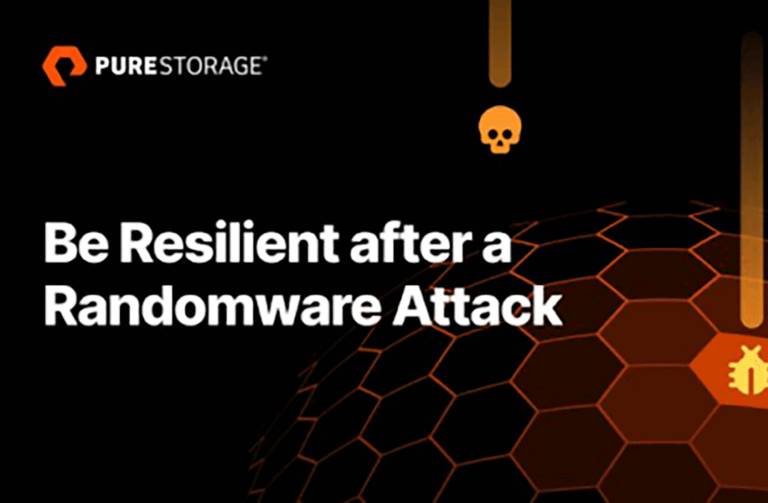Summary
Randomware is a new kind of ransomware that takes a lighthearted approach to extortion by requesting a random quantity of something amusing like a lifetime supply of marshmallows or a mile of bubble wrap.
In the ever-evolving landscape of cyber threats, just when you thought you’d seen it all, along comes Randomware—the ransomware with a sense of humor! Forget the ominous warnings and dark screens. Randomware takes a lighthearted approach to extortion. It’s not about draining your bank account or stealing your secrets; it’s about making you laugh while you pay up.
Imagine this: You’re casually browsing your favorite cat video website while sipping your morning brew when BAM! Your screen is taken over by a quirky, dancing llama. A message pops up: “Your device has been Randomwared!” Cue the confetti and circus music.
Unlike traditional ransomware, Randomware doesn’t demand a specific amount in cryptocurrency. That would be too predictable. Instead, it requests a random quantity of something amusing. It could be a lifetime supply of marshmallows, garden gnomes, or even a collection of dad jokes. The catch? You won’t know until you pay up, adding an element of surprise to an otherwise mundane cyber threat.
But why, you ask? SillyCipher, the alleged mastermind behind Randomware, believes in spreading joy, even in the world of hacking. They argue that a little laughter can go a long way, and what better way to achieve that than through a ransomware takeover?
One victim, who wished to remain anonymous, shared their experience with Randomware: “At first, I was panicking because my computer was hijacked, but then this dancing penguin appeared on my screen, and I couldn’t help but chuckle. The ransom? A mile of bubble wrap. Five thousand, two hundred and eighty feet of bubble wrap. I mean, who comes up with this stuff? I ran to several stores, purchased all I could find, and left it at the drop point as directed.”
It seems Randomware is making waves not only in the cybercriminal community but also among its victims. The unpredictable nature of the demands has turned the tables, making the victims wonder, “What’s next?” Is it a shipment of rubber ducks, a room full of balloons, or perhaps a singing Valentine by a barbershop quartet?
Security experts are scratching their heads, trying to decipher the motives behind Randomware. Dr. Phineas Sleuth, a renowned cybersecurity analyst, commented, “This is like nothing we’ve seen before. It’s a game-changer in the ransomware landscape. Instead of causing fear and panic, Randomware is generating a bizarre form of amusement. It challenges our traditional understanding of cyber threats.”
The members of SillyCipher seem to revel in the chaos they’ve created. In a bold move, they’ve even set up a customer service hotline for victims to call and negotiate their random ransom amounts. When we called, a cybercriminal answered the phone, ready to barter for a gross amount of sugary cereal.
It’s not all fun and games, though. Cybersecurity professional Rick Roll, CISSP, urges caution, emphasizing that Randomware is still a threat. While the demands may seem amusing, paying the ransom only fuels the fire and encourages these cyber comedians to keep going.
Despite the warnings, some victims find themselves secretly enjoying the randomness of it all. One victim, who now proudly displays a collection of Magic 8 Balls in their office, confessed, “I never thought I’d say this, but I actually like backing up my data. Randomware added a bit of excitement to my mundane work routine. Plus, my coworkers love the absurdity of it all!”
As the cybersecurity community races to develop tools to combat Randomware, the rest of the world is left wondering what the next wave of demands will bring. Will it be several hundred bad puns or a treasure trove of cat memes? One thing is for sure—Randomware has injected a dose of unpredictability into the cyber threat landscape, proving that even in the world of hacking, a little laughter can’t hurt. Just be prepared to pay up in something delightfully random.
And if you’re still worried about less amusing intrusions, Pure Storage is here to help. Get your free Ransomware Survival Kit to see how you can reduce your risk of a ransomware—or Randomware—attack.







